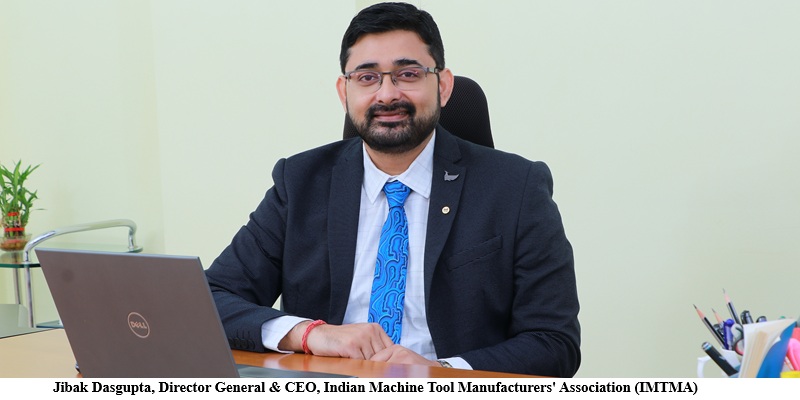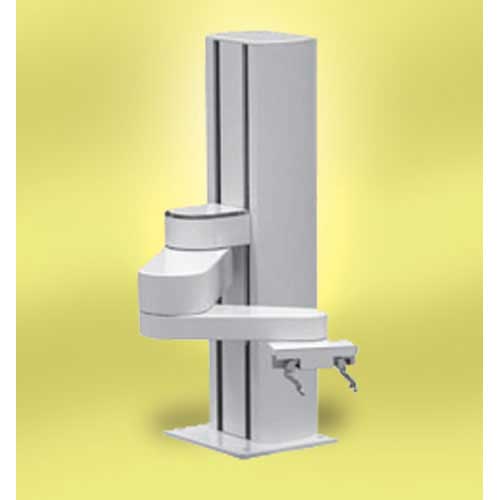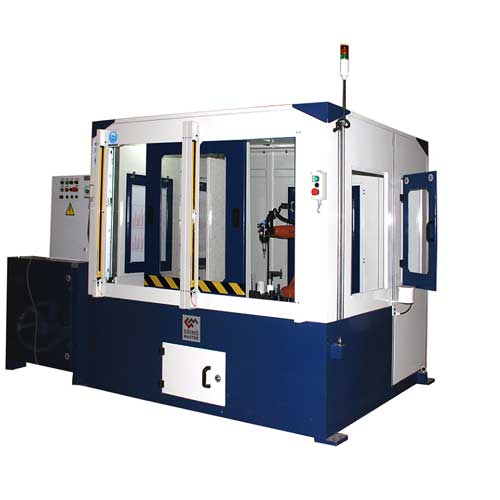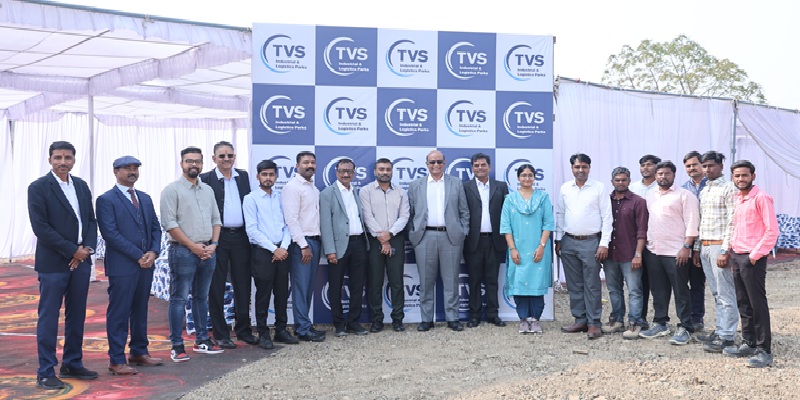Schedule a Call Back
Machine tools industry: Mission 2020
 Articles
Articles- Jun 08,18

| CNC | Conventional | Total | |
| Forming | Rs 137 cr | Rs 457 cr | Rs 594 cr |
| Cutting | Rs 4,854 cr | Rs 355 cr | Rs 5,209 cr |
| Total production | Rs 5,803 cr |
| Metal cutting | Metal forming | Metalworking |
| Rs 9,166 cr | Rs 2,450 cr |
Rs 11,616 cr
|
Related Stories

India to sustain 6.6% growth by FY2027 as new engines drive productivity: D&B
Dun & Bradstreet’s India 2026 report projects macroeconomic stability and transformative growth, driven by digitalisation, clean energy, advanced manufacturing and emerging consumption sectors.
Read more
IMTEX Forming celebrates human ingenuity & machine intelligence: Jibak Dasgupta
In this interview with Rakesh Rao, Jibak Dasgupta, Director General & CEO, Indian Machine Tool Manufacturers' Association (IMTMA), explores trends in the machine tools industry and shares some highl..
Read more
Energy Efficiency as a Strategic Priority for Indian Manufacturing
India’s manufacturing growth is accelerating, but rising energy demand makes efficiency a strategic necessity for cost control, competitiveness, and sustainable industrial expansion.
Read moreRelated Products

Collaborative Scara Robot
Malles Automated & Robotic Systems Private Limited

Robotic Deflashing of Aluminium Casting
Grind Master Robotic Deflashing Machine is an advanced and most reliable machine for Aluminium components. Robotic deflashing is a revolutionary technology developed by Grind Master Machines Pvt Lt Read more

Karmi Bot
Asimov Robotics offers a wide range of Karmi Bot.
















